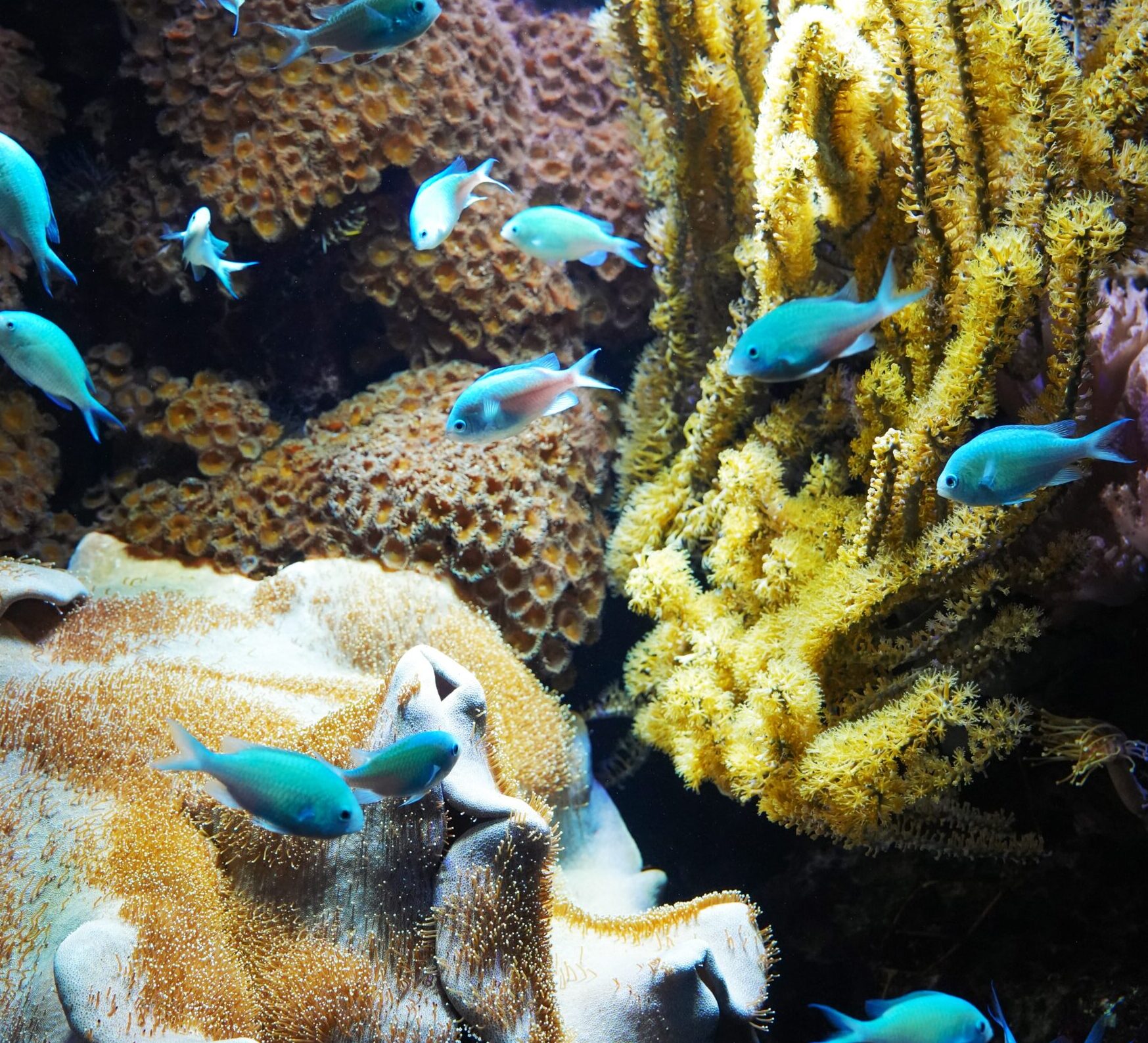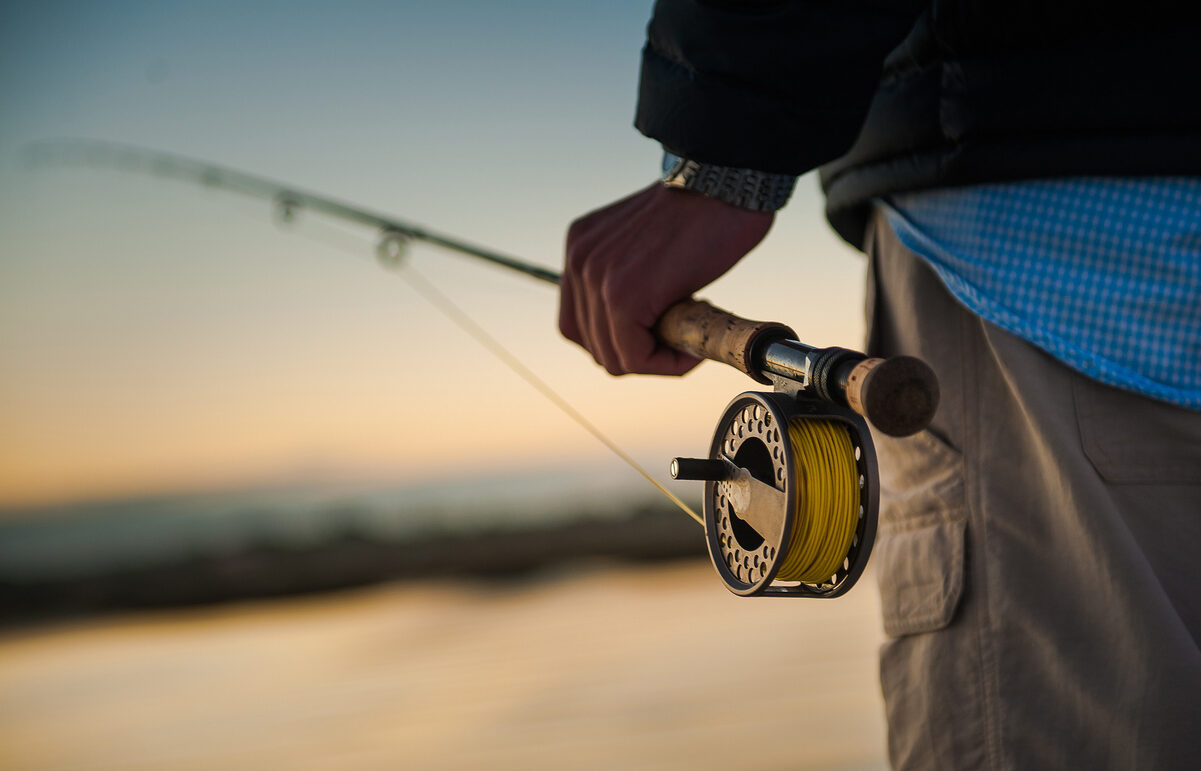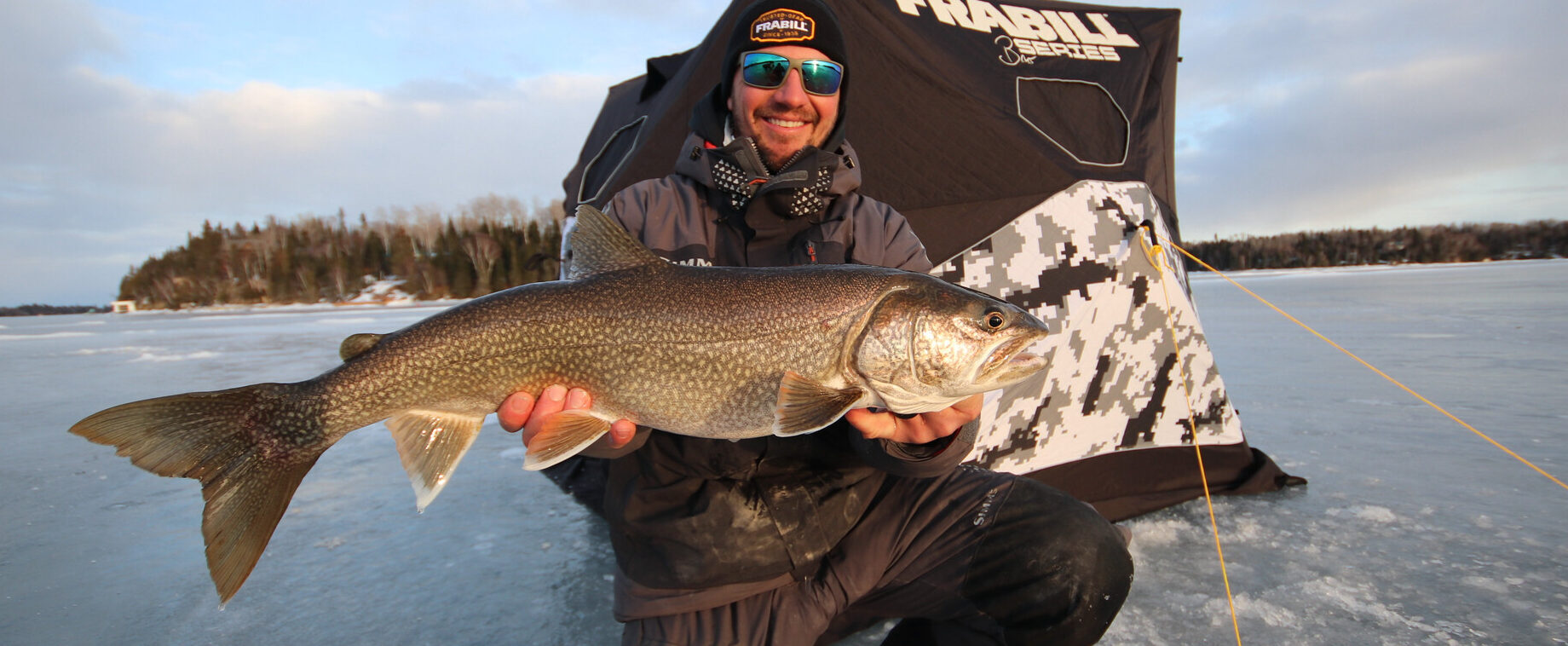Are you an avid fisherman, but not sure which type of fishing is right for you? Freshwater or saltwater? Both offer unique experiences and challenges that can make for a memorable day on the water. From the types of fish available to catch, to the equipment needed and techniques used, there are plenty of differences between freshwater and saltwater fishing. In this blog post, we’ll break down the pros and cons of each style of fishing, provide tips for success in both environments, and help you decide which one is best suited for your next angling adventure. So grab your tackle box and let’s dive in!
The Difference Between Fishing in Freshwater vs Saltwater
Freshwater and saltwater fishing may seem similar, but there are distinct differences between the two that can impact your overall experience. Firstly, freshwater fishing takes place in lakes, rivers, streams and ponds where the water contains less than 0.05% of salt concentration. On the other hand, saltwater fishing is conducted in oceans or seas where salinity levels range from 3 to over 5%.
Another difference is the types of fish you’ll catch when freshwater versus saltwater fishing. In freshwater bodies, you’re more likely to find species such as trout, bass and catfish which prefer cooler temperatures and lower salinity levels. Saltwater environments offer a wider variety of fish including snapper, tuna and marlin.

The equipment required for each type of fishing varies too. Freshwater anglers typically use lighter gear compared to their counterparts on saltier waters since they don’t need to contend with strong tides or currents. They might opt for spinning rods while saltwater fishermen tend towards longer casting rods like surfcasting or deep sea rods.
The techniques used vary depending on whether you’re in fresh or salty waters; fly-fishing being popular among those who love freshwater angling whereas trolling is often used by those looking for bigger catches offshore in oceanic waters.
The Pros and Cons of Each
Freshwater and saltwater fishing both have their advantages and disadvantages. Let’s take a closer look at the pros and cons of each.
Freshwater fishing is typically less expensive as it requires less specialized equipment, such as boats or heavy-duty reels. Additionally, freshwater fish tend to be smaller, making them easier to handle for beginners. However, freshwater fishing does have its downsides; since many freshwater areas are heavily fished, it can be challenging to find a spot that hasn’t been overfished or depleted. Moreover, certain freshwater species may not provide the same level of excitement compared to saltwater species.
On the other hand, saltwater fishing can offer more variety in terms of larger fish species with stronger fighting abilities than those found in freshwater environments. Saltwater also offers more opportunities for deep-sea diving and exploration but comes with an increase in costs associated with specialized gear. It’s important to mention that some people might experience seasickness when on board a boat while fishing.
Ultimately choosing between fresh vs salt water comes down to personal preference: Do you prefer exploring new waters or sticking close by your local lake? Are you willing to invest extra cash into high-quality gear for bigger catches? With either option offering unique benefits and drawbacks alike – pick one that aligns best with your goals!
What Type of Fish Can You Catch in Each?
Freshwater and saltwater fishing offer different types of fish that you can catch. In freshwater bodies like lakes, ponds, and rivers, you can catch a variety of fish such as bass, trout, catfish, walleye and panfish. Each species has its unique characteristics which make them fun to catch. Bass is one of the most popular catches in freshwater because it puts up a good fight.

On the other hand, saltwater fishing offers more diverse options. You can find tuna, marlin, sailfish and swordfish in open waters while closer to shore there are snappers and groupers available for catching. Saltwaters also have some species that migrate with seasons such as tarpon which makes them even more thrilling to chase.
In addition to larger game fish species like those mentioned above; smaller bait fish live in both freshwaters (like shad) or saltwaters (such as sardines.) These bait fishes serve as food sources for larger predatory fish.
Each type of waterbody provides anglers with an opportunity to target specific species depending on their preferences and skill levels. Therefore understanding what type of water body holds your desired catch will help focus your goals while fishing!
What Equipment Do You Need for Each?
When it comes to fishing, having the right equipment can make all the difference. The type of gear you need will depend on whether you’re fishing in freshwater or saltwater.
For freshwater fishing, a basic rod and reel combo is usually sufficient. Look for a medium-action rod that’s around 6-7 feet long. You’ll also need some monofilament line (around 8-10lb test), hooks, sinkers, and bobbers. And don’t forget your bait – worms or minnows are popular options.
Saltwater fishing requires more specialized gear due to the larger size of most saltwater fish species. A heavier duty rod and reel are necessary here – look for something with at least a 30lb test line capacity and sturdy construction. Saltwater lures can be quite different from those used in freshwater as well; jigs, poppers, and plugs are common choices.
Other important items include leaders (which help prevent your line from being bitten off by toothy predators), swivels (to prevent line twisting), and pliers/cutters for removing hooks or cutting through lines.
Investing in good quality gear will ensure that you have an enjoyable experience no matter where you choose to cast your line!
Tips for Fishing in Freshwater
Fishing in freshwater can be an enjoyable and rewarding experience, but it requires some preparation and knowledge to make the most of your time on the water. Here are some tips to help you improve your chances of success:
1. Choose the right location: Not all bodies of freshwater are created equal when it comes to fishing opportunities. Do some research or ask other anglers for advice about where to go based on the type of fish you want to catch.
2. Use appropriate gear: The equipment you use will depend on the type of fish you’re targeting, but generally speaking, a medium-weight spinning rod with 4-8 pound test line is suitable for many species found in freshwater.
3. Learn basic techniques: Mastering basic casting techniques such as flipping and pitching can help increase your accuracy and minimize spooking fish.
4. Pay attention to weather conditions: Changes in temperature, wind speed, cloud cover, and barometric pressure can all affect how active fish are at different times throughout the day.
5. Be patient: Fishing can require a lot of waiting around for bites, so bring something else (like a book) to do while keeping an eye on your line at all times.
By following these tips (and having a bit of luck), you’ll be well on your way to catching more fish during your next freshwater excursion!
Tips for Fishing in Saltwater
Whether you prefer freshwater or saltwater fishing ultimately comes down to personal preference. Both offer unique experiences and challenges that can make for great outings with friends and family.
However, if you’re planning on fishing in the ocean, there are a few additional things to keep in mind:
- Pay attention to tides: Saltwater fishing is heavily influenced by tides. Make sure you know when high tide and low tide are so you can adjust your strategy accordingly.
- Use heavier gear: The fish in saltwater tend to be larger and more powerful than their freshwater counterparts. As a result, you’ll need heavier rods, reels, line and leaders.
- Keep an eye on the weather: Storms can roll in quickly over the ocean. Always check the forecast before heading out on your trip.
- Stay safe: Remember that saltwater fishing carries some risks such as strong currents or dangerous marine life like sharks or jellyfish. Always take necessary precautions such as wearing a life vest or avoiding areas where dangerous creatures may be present.
By following these tips for both freshwater and saltwater fishing, you’ll increase your chances of having a successful outing while staying safe at the same time. So grab your gear and get out there – who knows what kind of adventure awaits!


